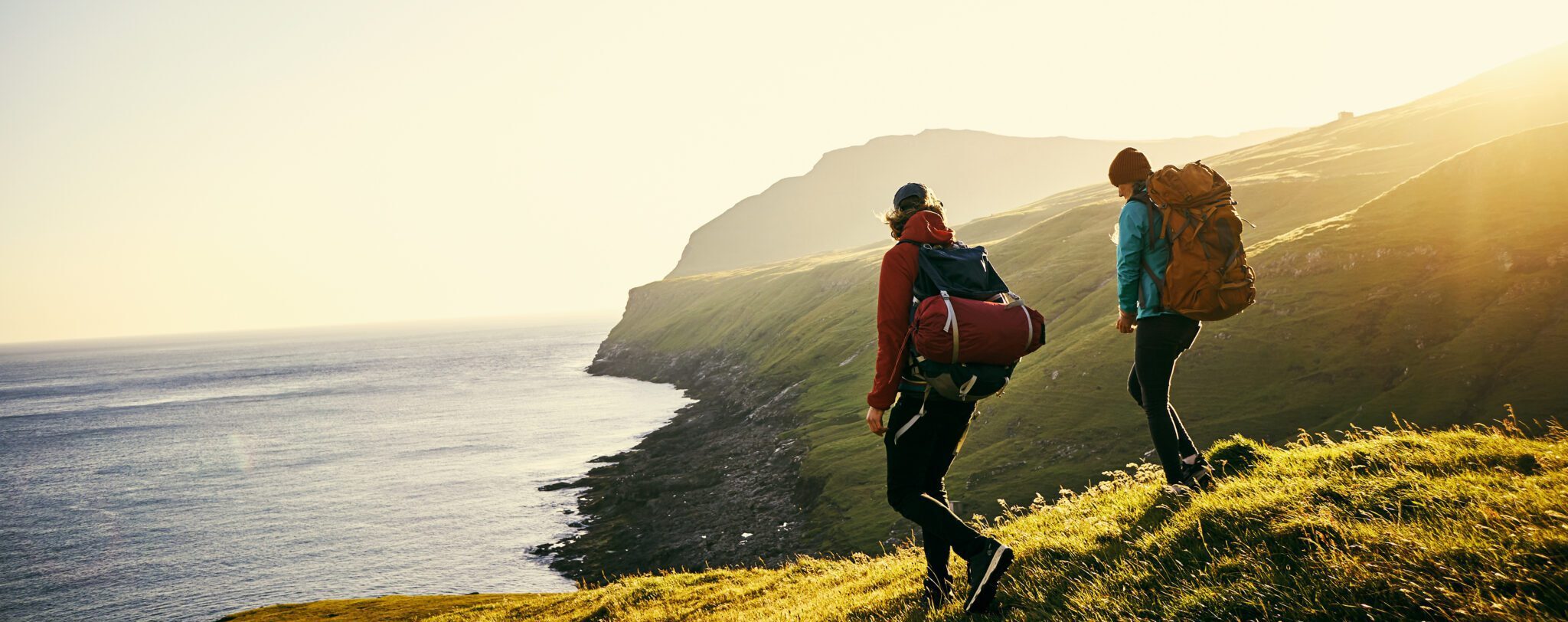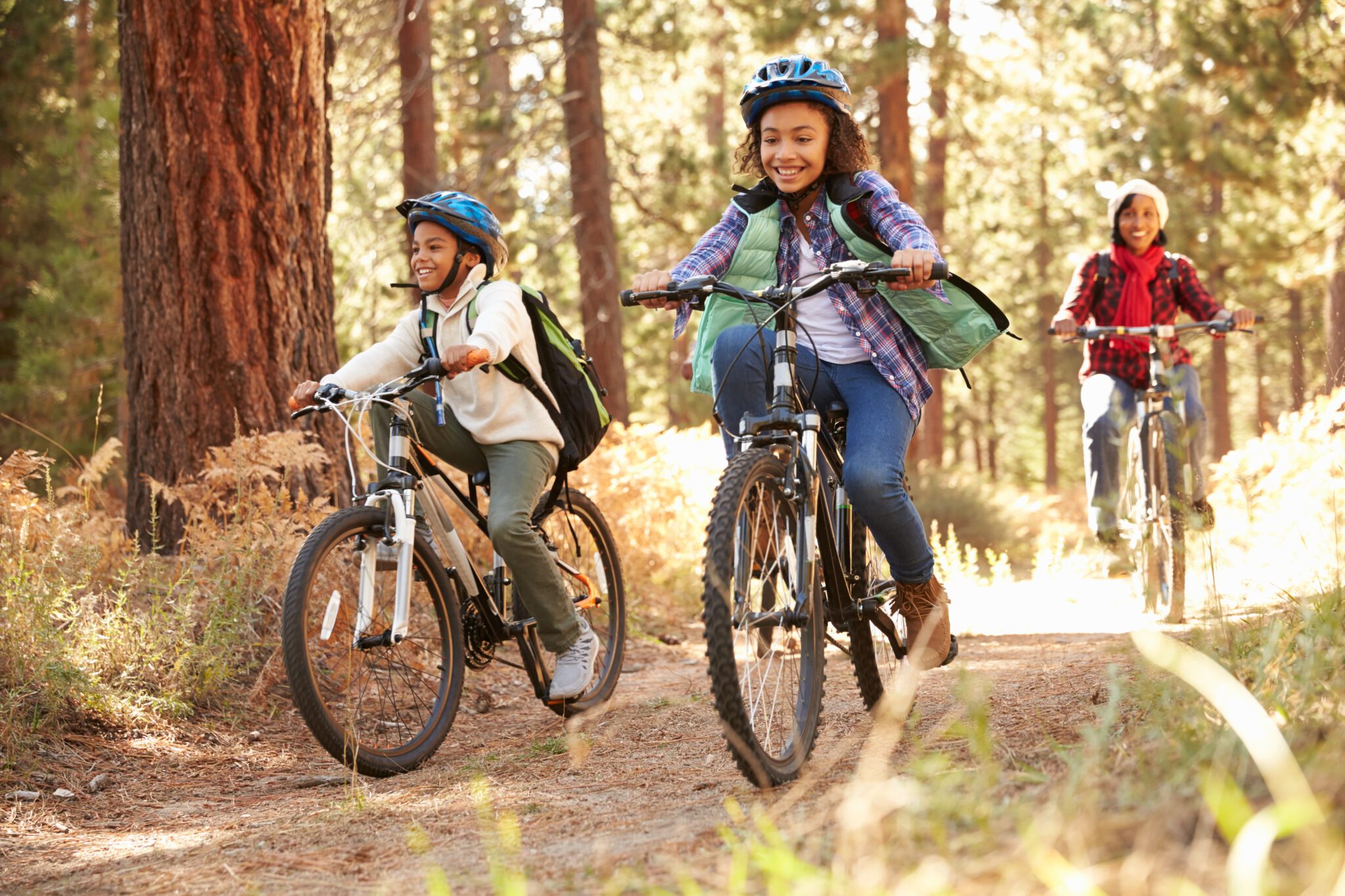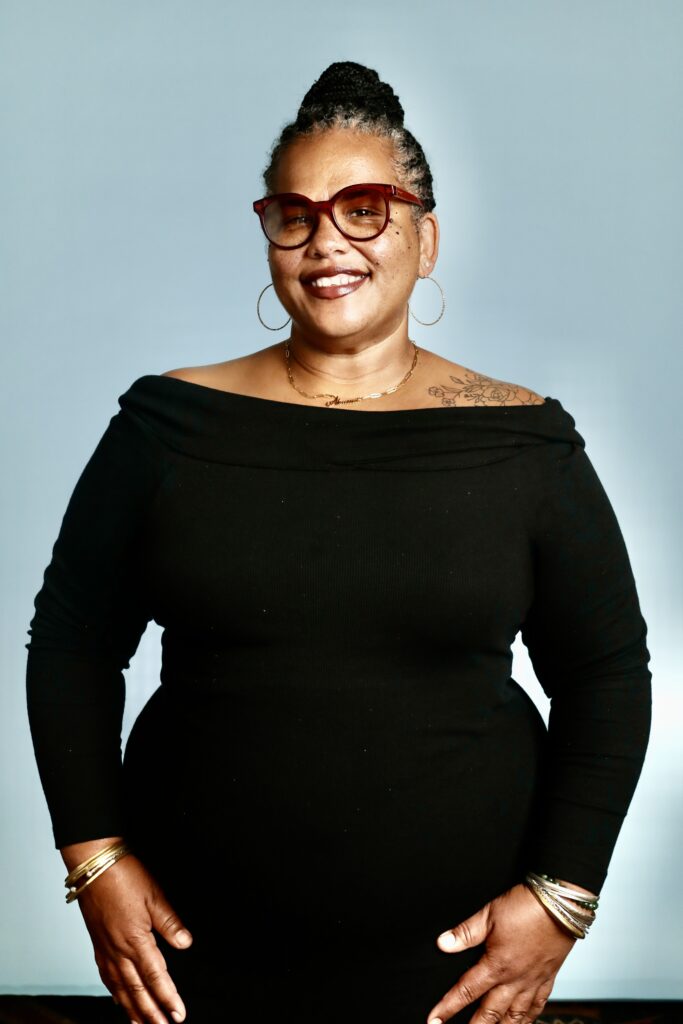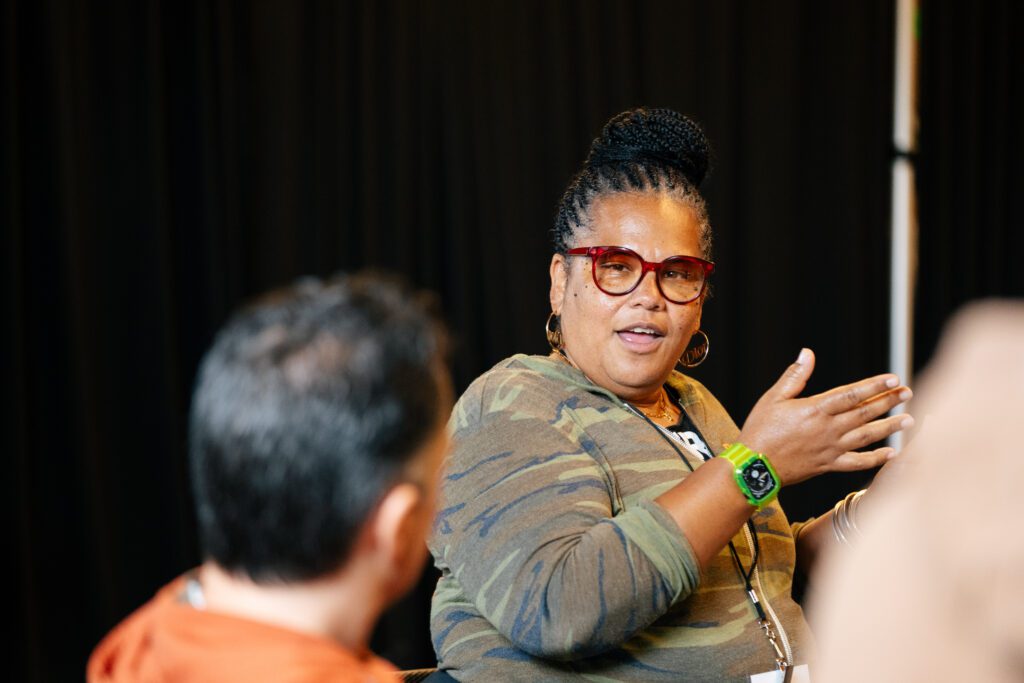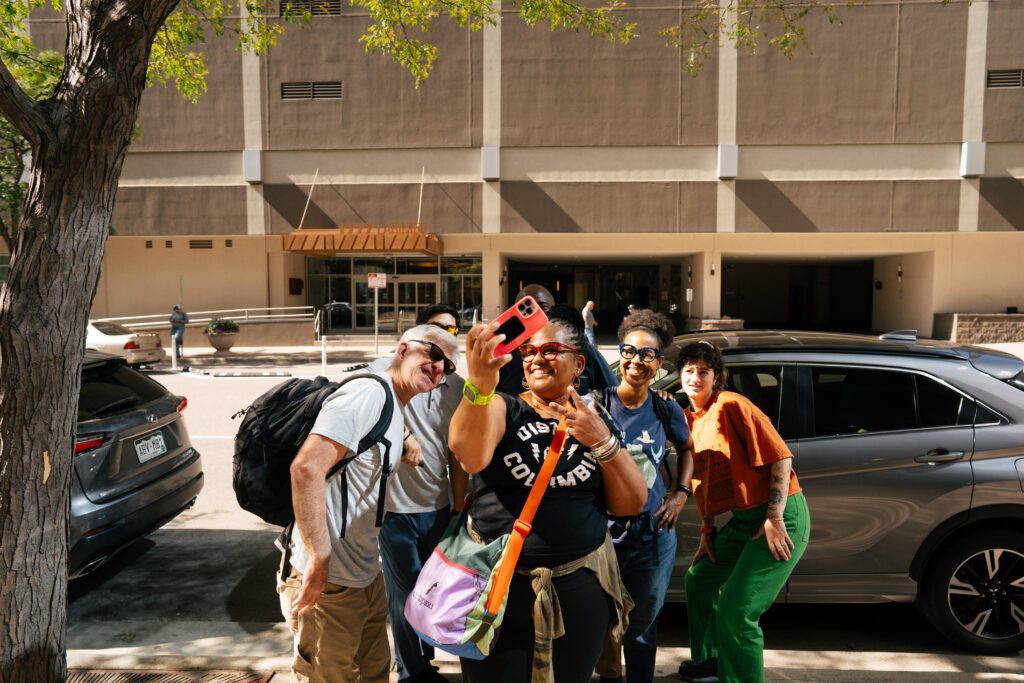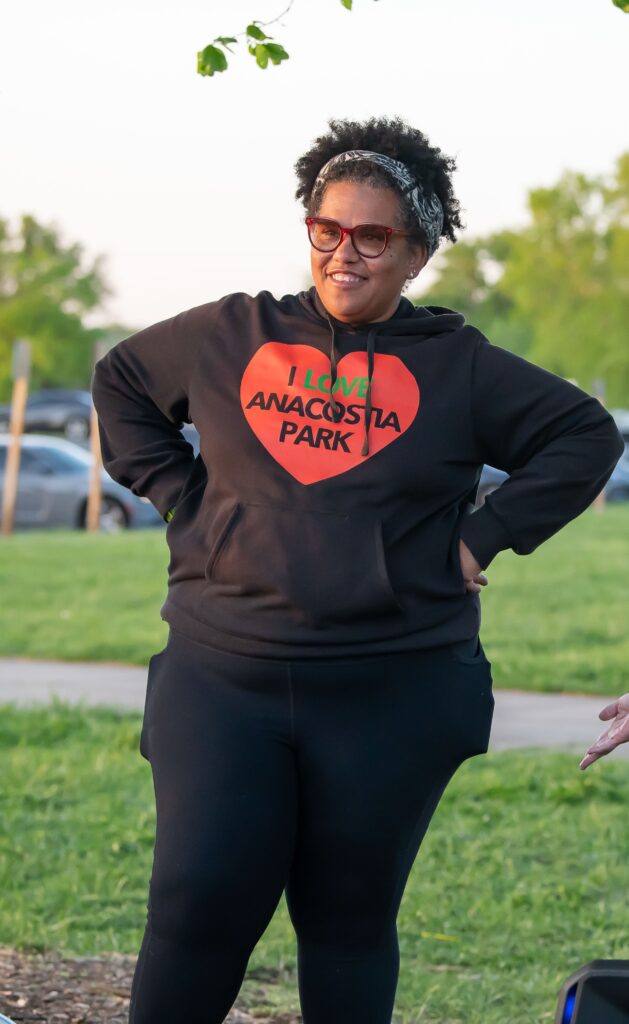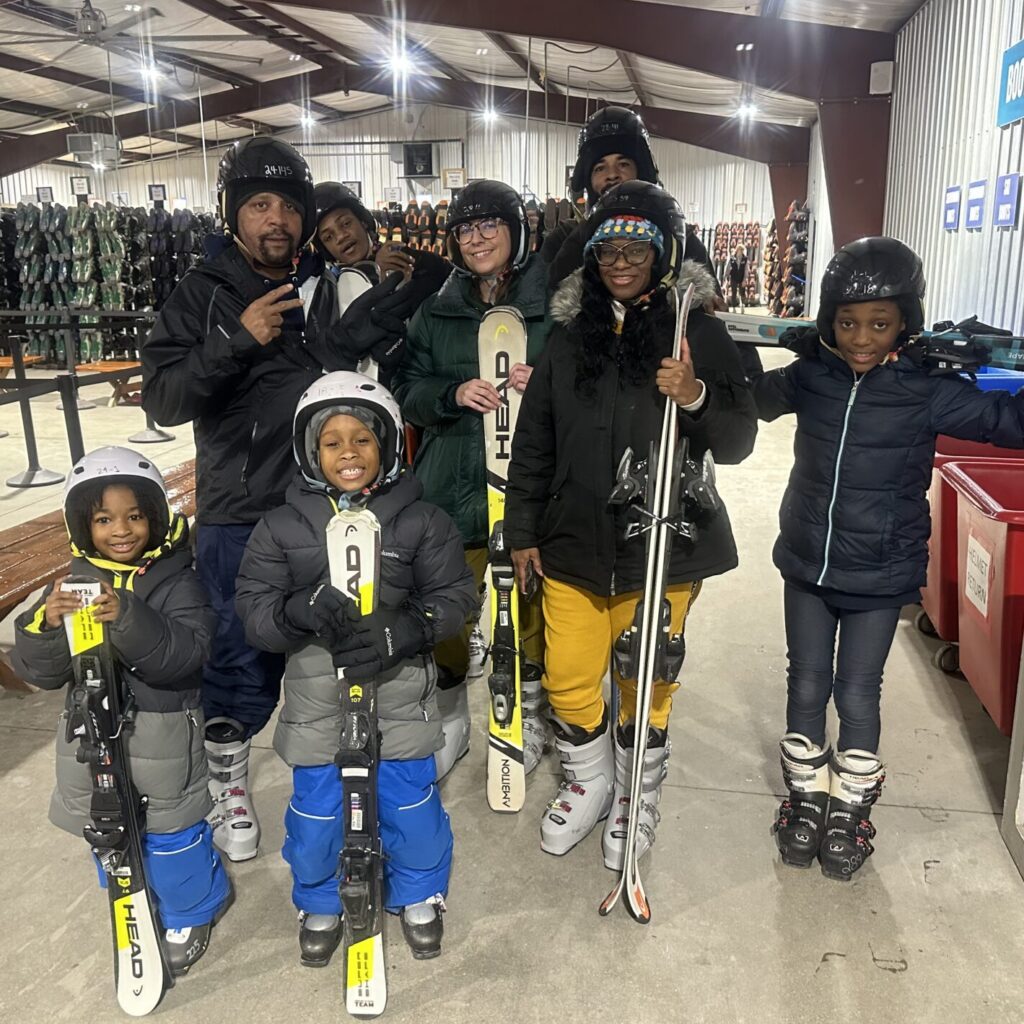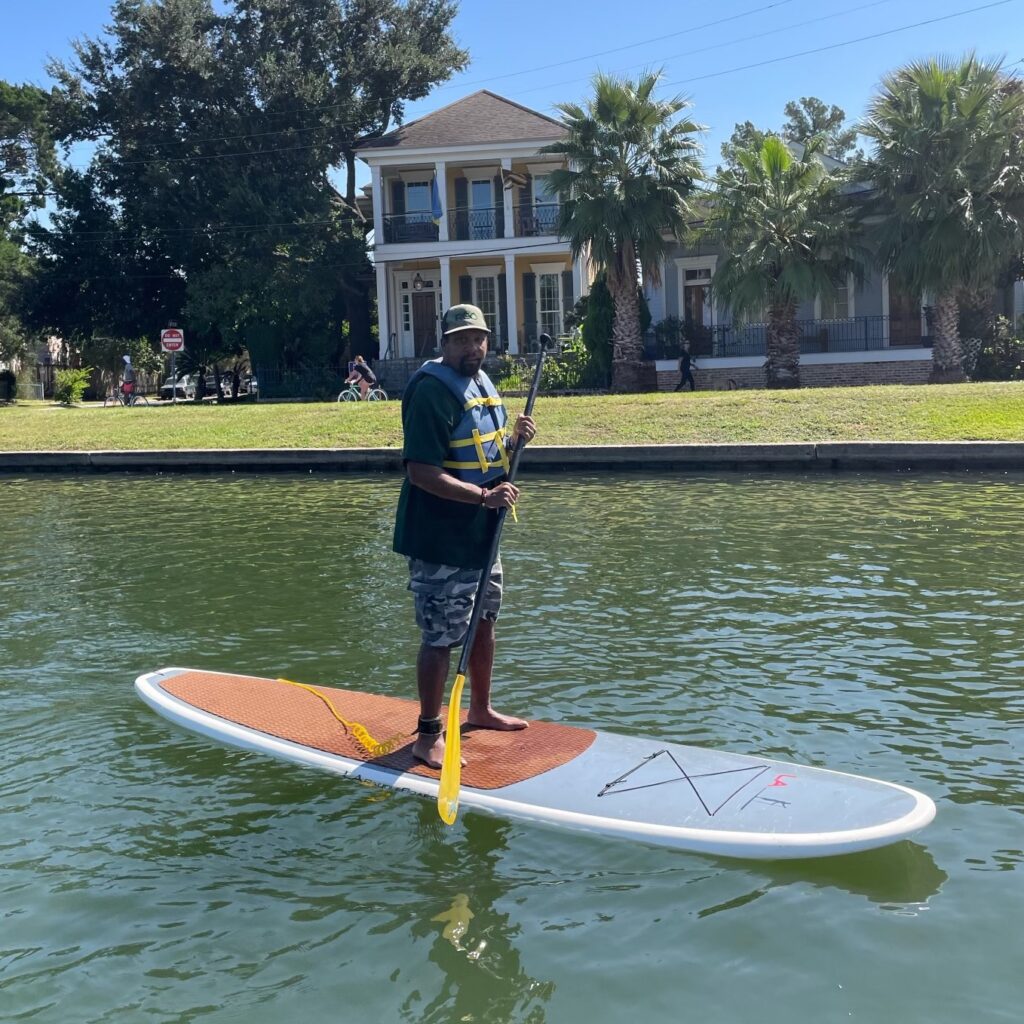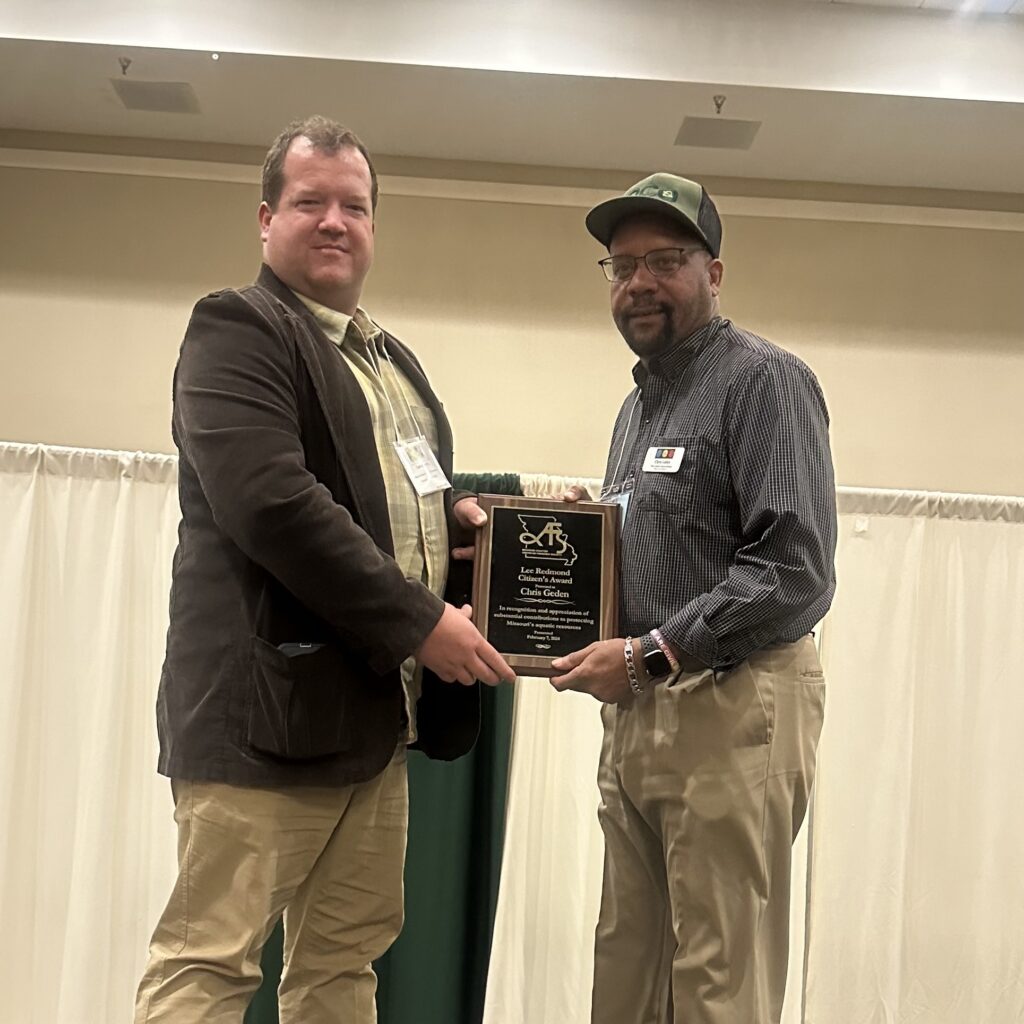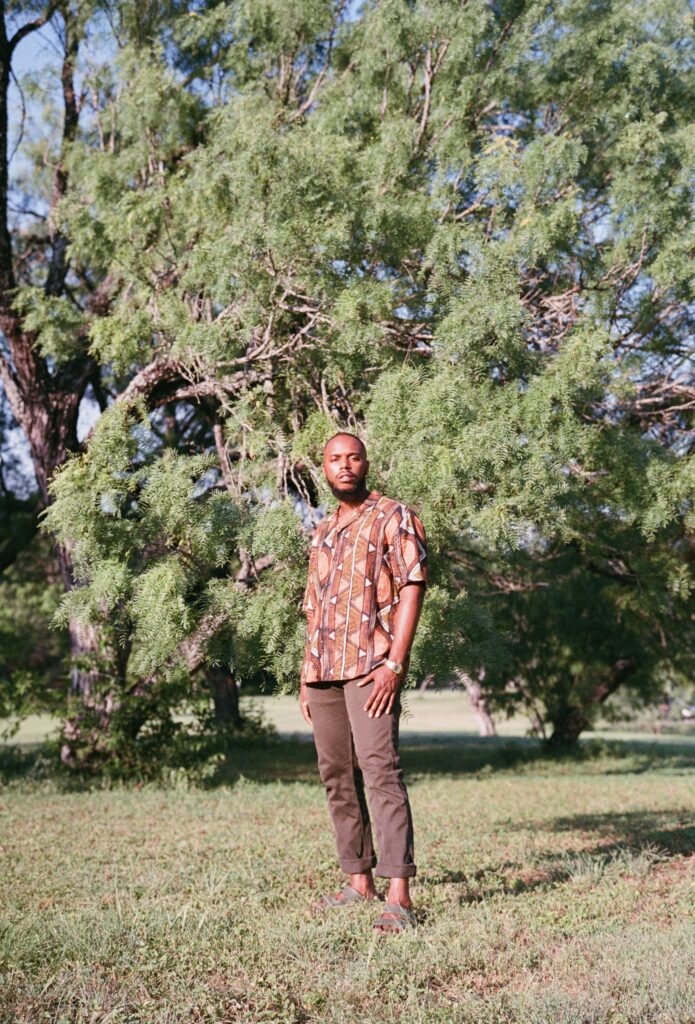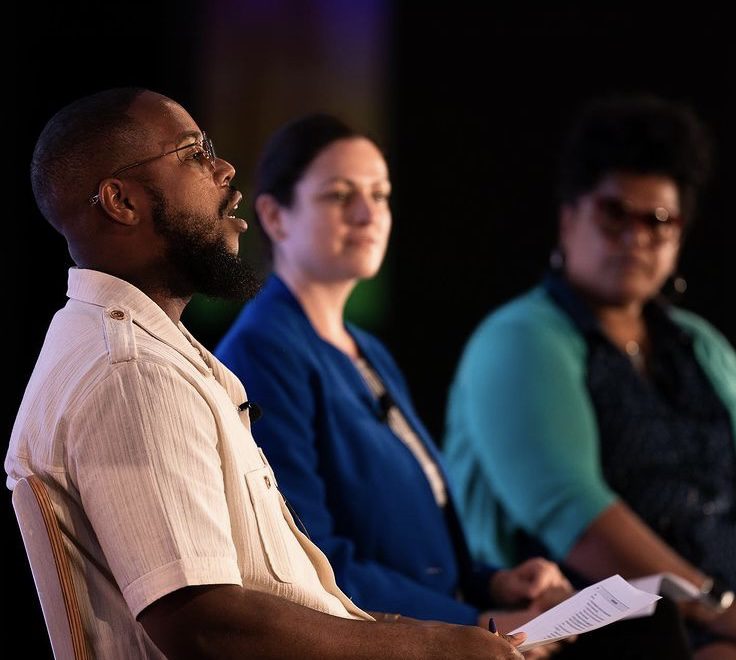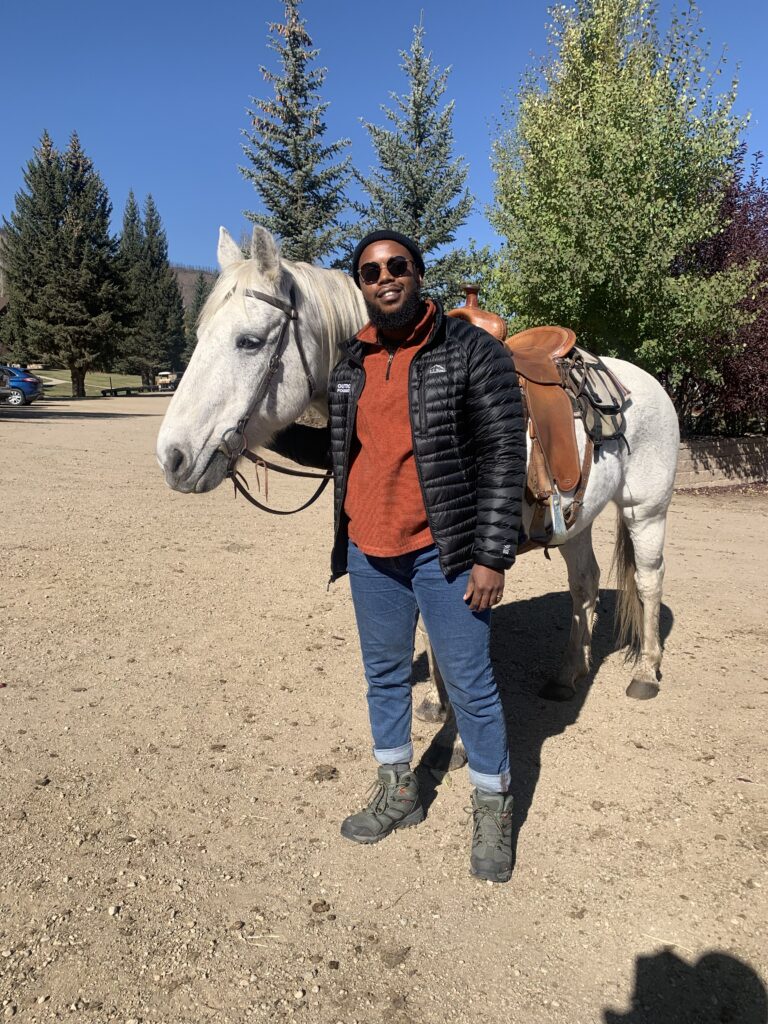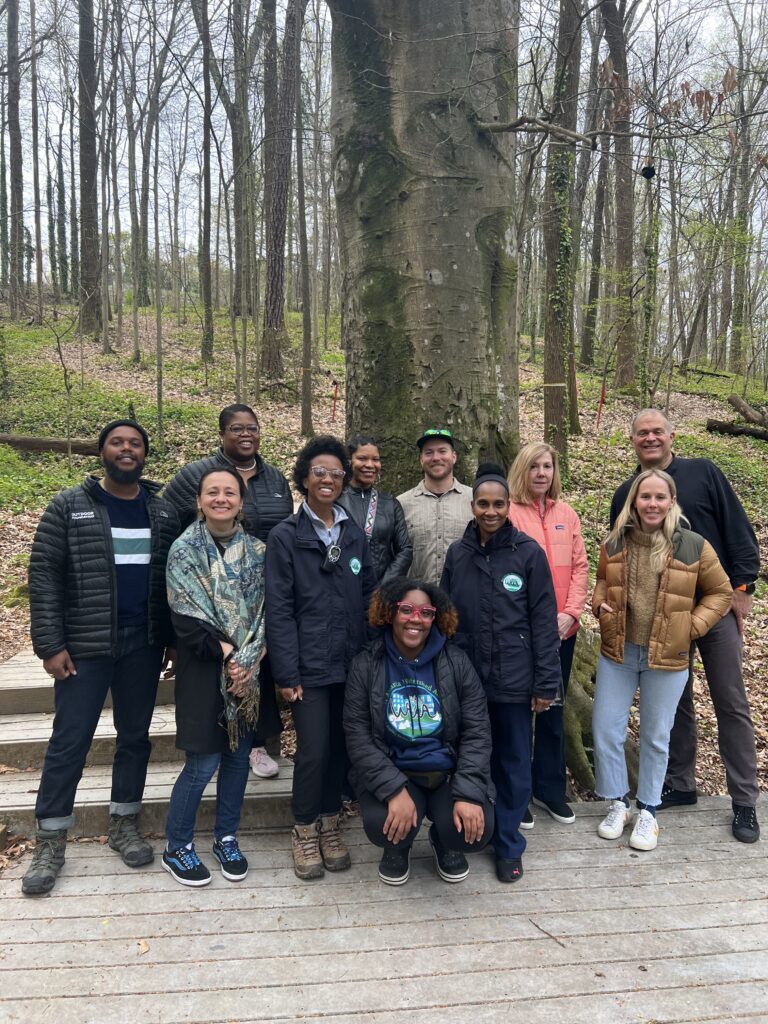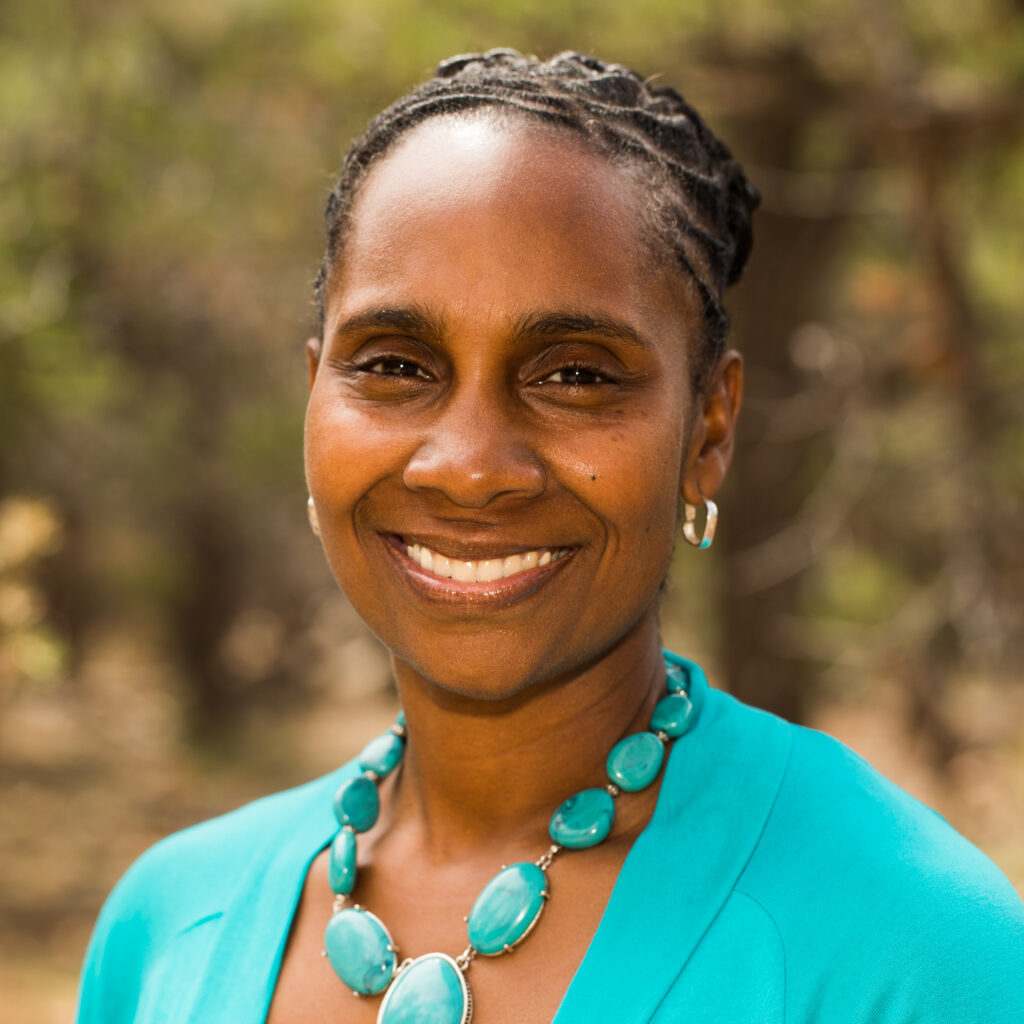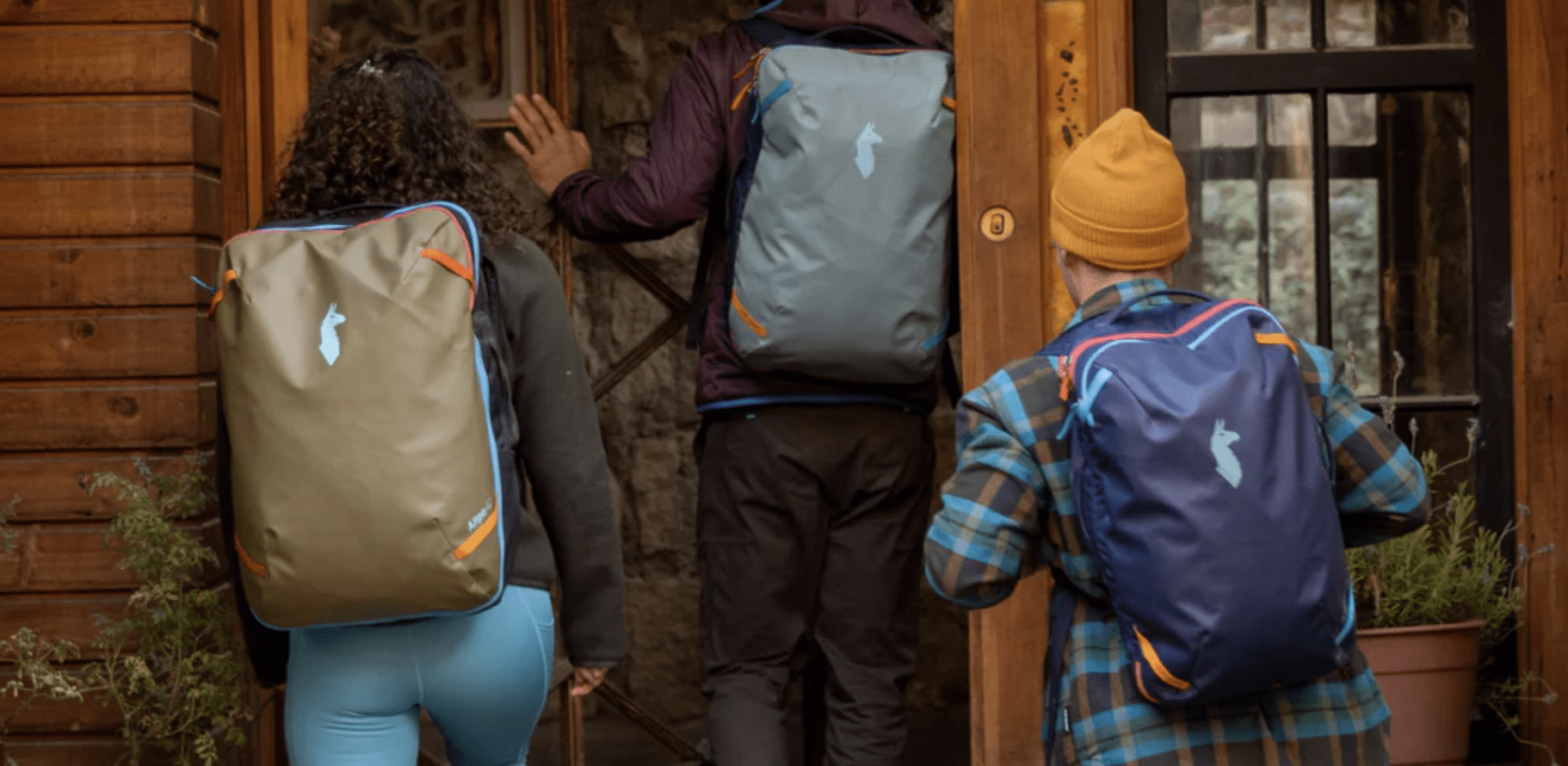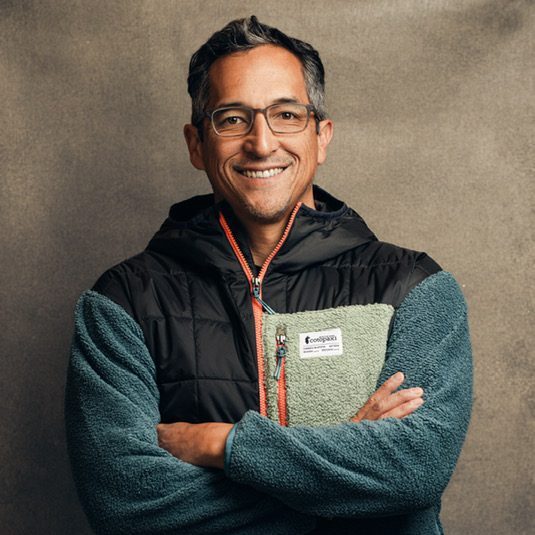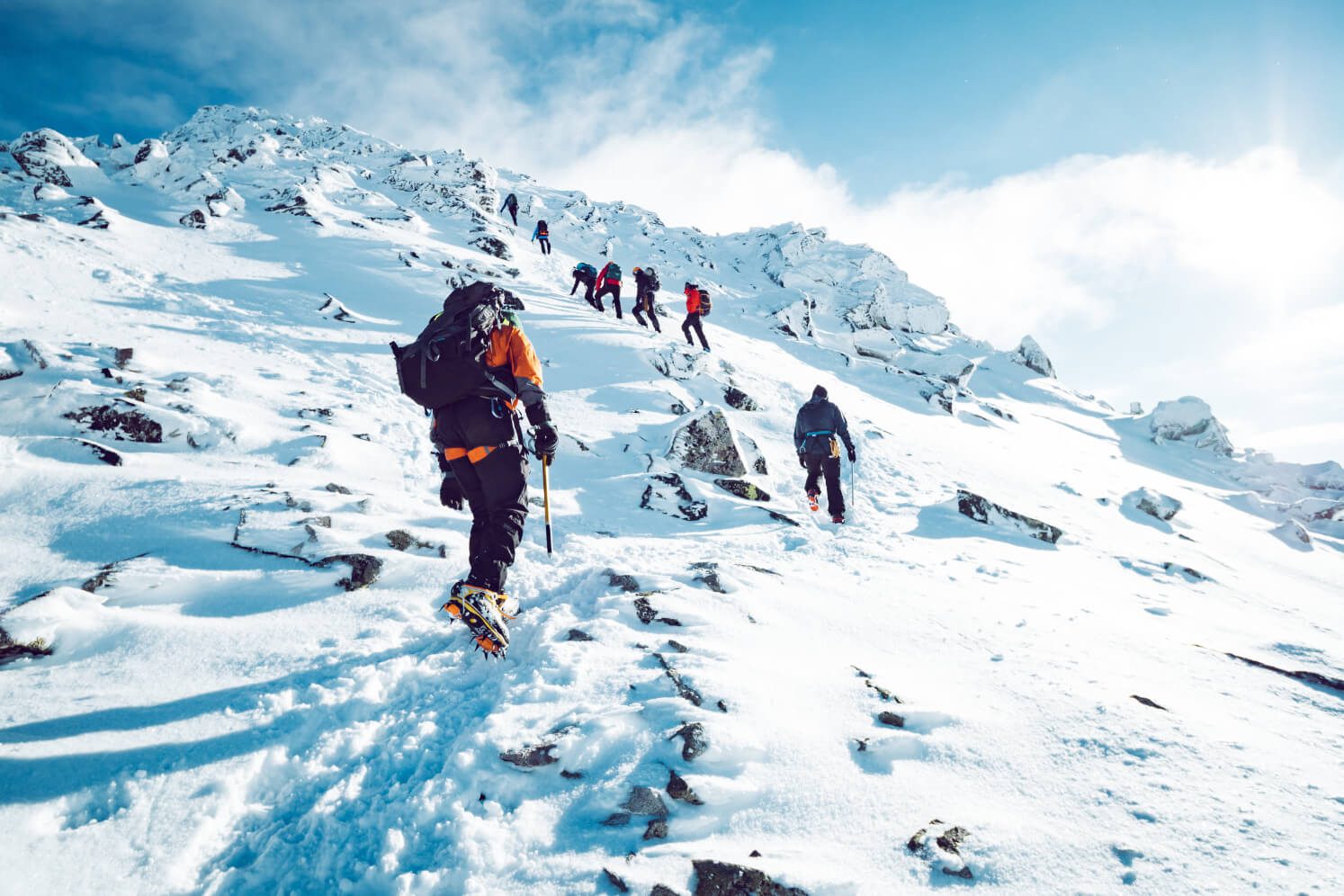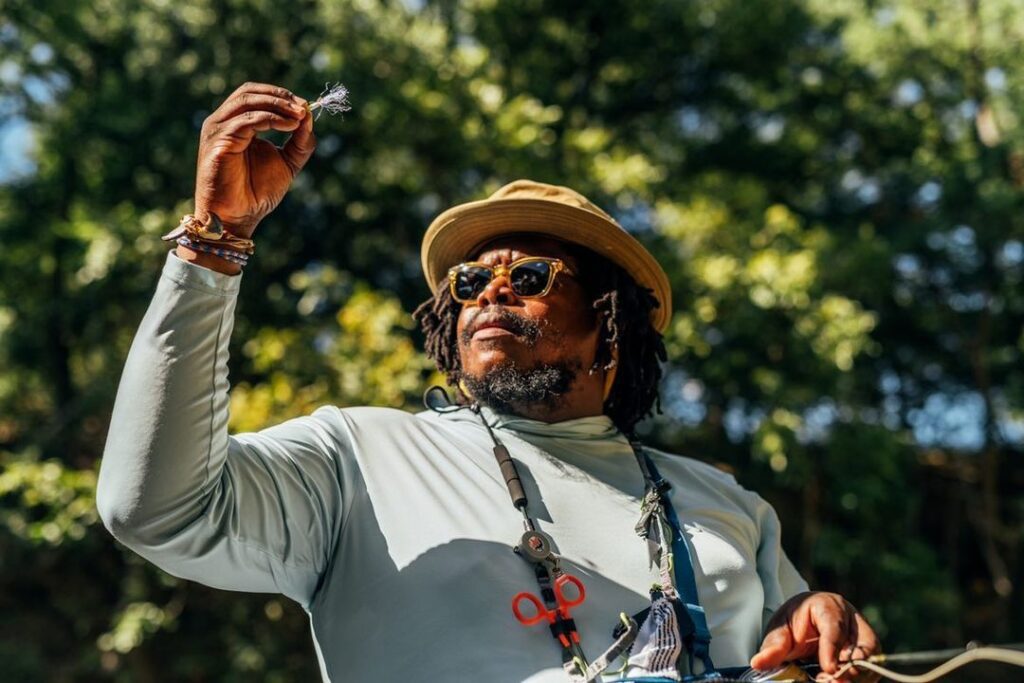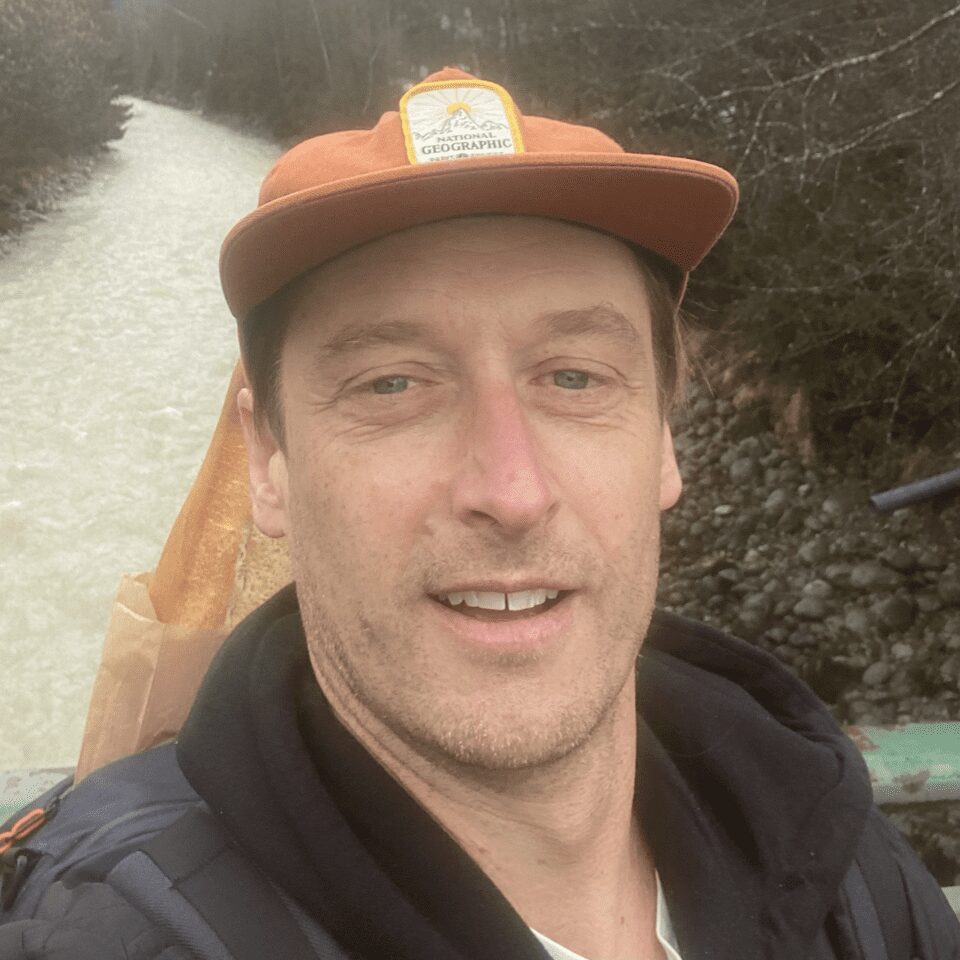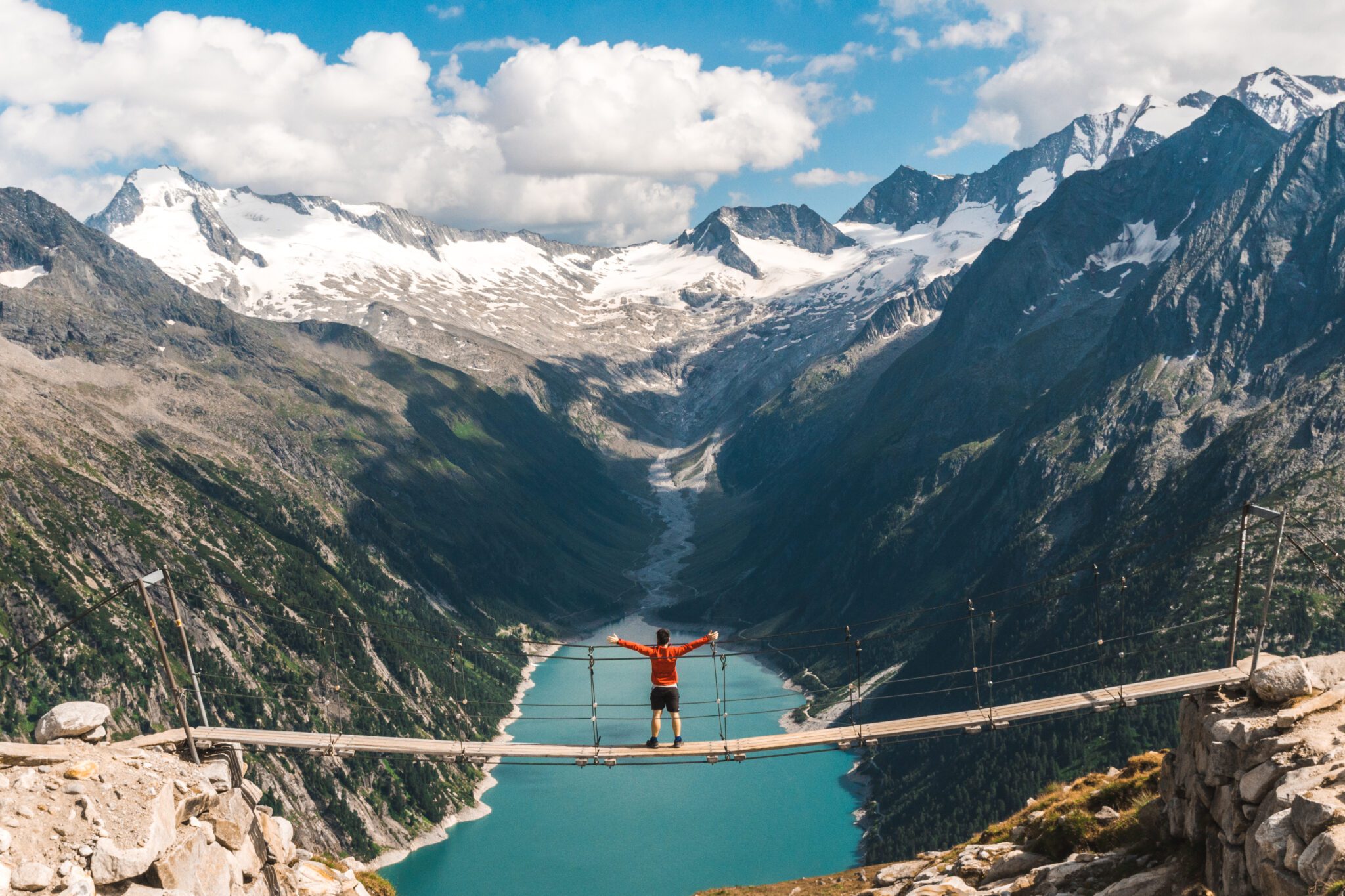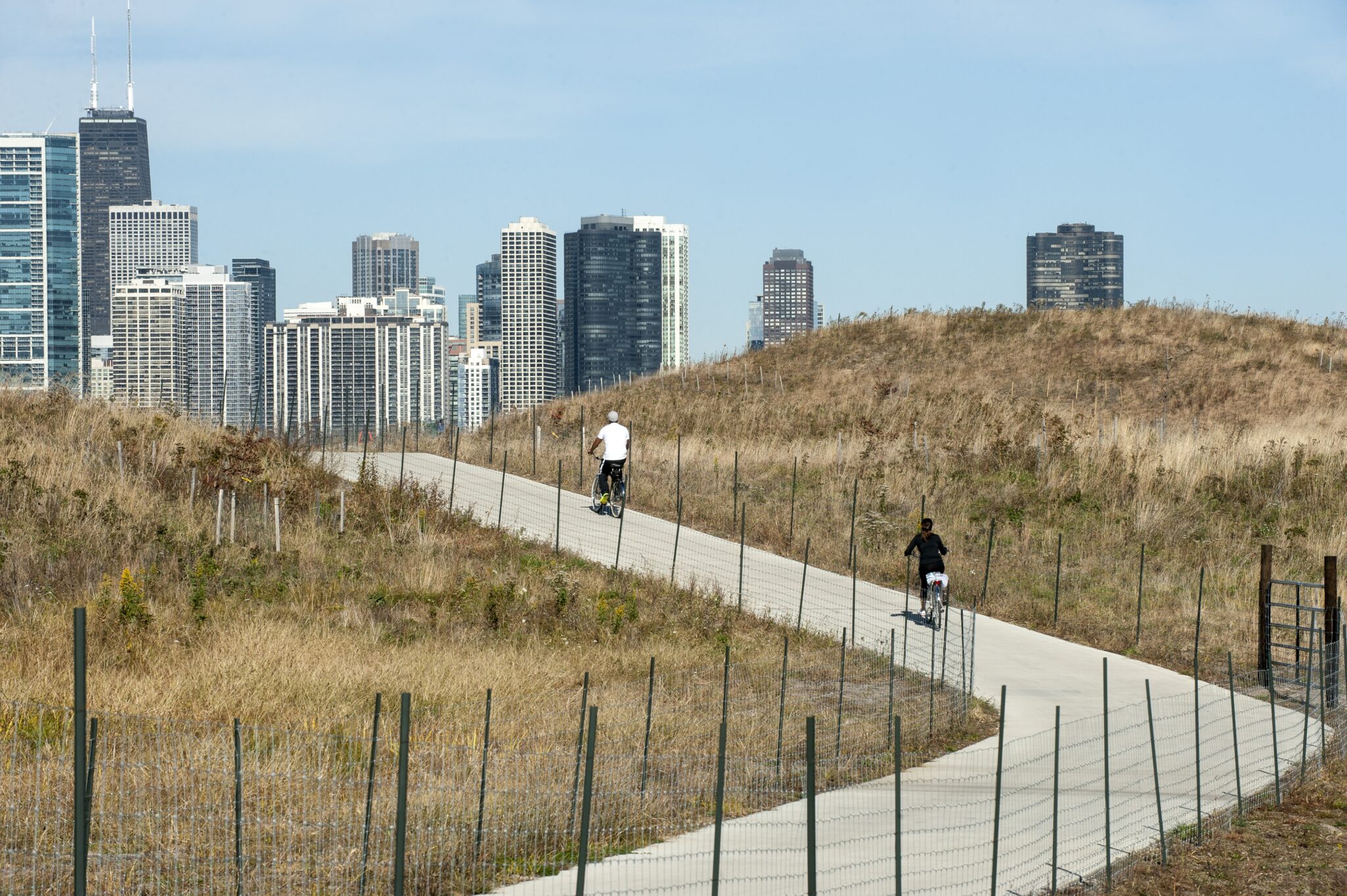Picture this: a path where every step forward leads toward a sustainable future. That’s the trail the outdoor industry is blazing—one where the outdoor experience is protected, and our products resonate with purpose.
Continue readingBlack History Month: Celebrating Black Leaders in the Outdoors
Welcome Damien Huang, CEO of Cotopaxi, to the OIA Board
New EPA Reporting Rule to Require 12 Years of PFAS Data from Manufacturers and Importers
By James Pollack, OIA Clean Chemistry and Materials Coalition Legislative Advisor, Attorney at Marten Law
In October 2023, EPA finalized a rule that will require reporting on PFAS in all articles manufactured or imported into the United States from January 1, 2011 to December 31, 2022. You can view the rule here.
The final rule, adopted under the Toxic Substances Control Act, establishes this one-time reporting requirement. Manufacturers and importers of any articles containing PFAS must investigate and certify to EPA the amount of PFAS that they have manufactured or imported into the United States during the reporting period. The specific content of the report for each year will include the following information:
1). Chemical information such as:
a). Chemical identity of the PFAS in the article (the specific chemical name, if known, or otherwise a generic name or description of the PFAS if the specific chemical name is confidential business information or unknown)
b). Chemical identification number
c). Trade name or common name, if applicable, of the chemical
d). Representative molecular structure for any PFAS not in Class 1 of the Toxics Release Inventory
2). Import production volume of the imported article (in units or weight)
3). Industrial processing and use of the article, if any
4). Consumer and commercial use of the article, if any (e.g., product category, functional use of category, maximum PFAS concentration in product, whether children are intended users)
The above information reflects a more streamlined form available to article importers. Domestic manufacturers have a more detailed reporting obligation.
Who is covered under the new PFAS Reporting Rule?
The PFAS Reporting Rule covers nearly all importers and manufacturers. It only offers a narrow set of exemptions for products like pesticides, food, drugs, cosmetics, medical devices, as well as municipal waste importers. Otherwise, reporting is required.
How hard do you have to work to collect this information?
The due diligence standard for collecting information is “to the extent it is known or reasonable ascertainable.” That includes “all information in a person’s possession or control, plus all information that a reasonable person similarly situated might be expected to possess, control, or know.” Manufacturers and importers may also make reasonable estimates based on other information in their possession. EPA has issued several guidance documents further elaborating the standard.
What can I do about it?
Build a team with the knowledge and skills necessary to engage in this search. Appoint a team leader who can coordinate the search. Include a cross-section of business functions that may have knowledge of where to find relevant information—that may include product designers, supply chain relationship managers, marketers, and IT department members. Bring in outside expertise, including legal support, to help engage in this record search as well as to support in the documentation of the search. Make a comprehensive search plan, and document the search and conclusions in case that information is needed in the future.
What if my suppliers have the information?
It may be the case that your brand does not know the chemical content of your product, even if you know (or suspect) that the product contains PFAS. This can particularly be true for article importers, or those who work with specialized chemical suppliers that use proprietary chemistries. The PFAS Reporting Rule provides an entirely new process for joint reporting where a reporter can identify a relevant supplier that would be better positioned to provide EPA with information on the chemical content of the relevant product. Depending on the results of your due diligence efforts, joint submission may be the best path forward to provide responsive information to the agency.
Will my reported information be made public?
EPA plans to make portions of the information public so that state and federal agencies may set priorities for regulation and to help consumers avoid specific products. Whether or not EPA makes records public on its own, submissions may become subject to public records requests. EPA expects that the PFAS data it collects could potentially be used by the public, including consumers wishing to know more about the products they purchase, communities with environmental justice concerns, and government agencies to take appropriate steps to reduce potential risk. As a result, your brand may consider whether to submit a confidential business information (CBI) claim to protect submitted information.
What is the timeline for complying with this rule?
Overall, about 18 months. The submission period opens on November 12, 2024, with the general submission deadline on May 8,2025. Certain small manufacturers and importers will receive an additional six months to comply.
How can OIA support me?
We at OIA are committed to supporting members as they engage in this reporting process. OIA will keep its membership up to date on any developments and is looking to develop a guide to help brands understand their reporting obligations. Look out for that guide in the coming months.
Need support keeping up with chemical reporting rules and evolving sustainability legislation? Join OIA’s Clean Chemistry and Materials Coalition to access advice from legislative and chemicals experts along with a community of other outdoor brands, manufacturers, suppliers, and retailers working to eliminate and replace harmful chemicals from their supply chains.
About James Pollack
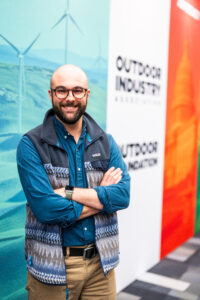 James Pollack is an attorney at Marten Law based in Seattle, WA, whose practice focuses on consumer product regulatory compliance, emerging contaminants, and environmental review. James leads the firm’s consumer products regulatory practice and helps consumer product manufacturers in a wide array of industries that are working to understand the complicated and shifting regulatory and litigation environments surrounding emerging contaminants. He has extensive knowledge on PFAS regulatory compliance at the federal and state level. James’s clients include textile and apparel manufacturers, outdoor recreational product manufacturers, food product manufacturers, and retailers. He also works with industry associations to update membership on regulatory developments.
James Pollack is an attorney at Marten Law based in Seattle, WA, whose practice focuses on consumer product regulatory compliance, emerging contaminants, and environmental review. James leads the firm’s consumer products regulatory practice and helps consumer product manufacturers in a wide array of industries that are working to understand the complicated and shifting regulatory and litigation environments surrounding emerging contaminants. He has extensive knowledge on PFAS regulatory compliance at the federal and state level. James’s clients include textile and apparel manufacturers, outdoor recreational product manufacturers, food product manufacturers, and retailers. He also works with industry associations to update membership on regulatory developments.
Read more from James on PFAS:
PFAS PHASE-OUT: 5 KEY STEPS FOR YOUR OUTDOOR BRAND
Can Orange Juice Claim to be Green?
PFAS in Consumer Products are Targeted by State Regulators and Class Action Plaintiffs
What Is in EPA’s Billion Dollar PFAS Reporting Rule?
California Bans PFAS in Apparel, Textiles, Cosmetics
Washington is Latest State to Ban PFAS in Consumer Products
Regulation of PFAS in Consumer Products
Meet the New and Returning OIA Board Members
PFAS Phase-Out: 5 Key Steps for Your Outdoor Brand
By James Pollack, OIA Clean Chemistry and Materials Coalition Legislative Advisor, Attorney at Marten Law
Start your brand’s journey to eliminating per- and polyfluoroalkyl substances (PFAS), also known as Forever Chemicals.
You have probably started hearing a lot about PFAS, a large, complex group of synthetic chemicals found in various everyday consumer products like water-resistant clothing and cookware. A combination of regulatory requirements and consumer demand has created growing pressure on sectors worldwide to achieve PFAS elimination. States have proposed hundreds of potential laws and regulations targeting PFAS in a variety of consumer products. Many of these laws will impact outdoor brands that have used PFAS for durability as well as water and stain resistance. Intimidated? Don’t be. Together, we can replace existing products with more sustainable alternatives to provide customers with products that are just as reliable and durable.
1). Assemble your PFAS team
First and foremost, you have to build a dedicated team to effectively tackle PFAS phase-out. For the most comprehensive and holistic approach, I recommend bringing together a diverse group with a multiplicity of perspectives and expertise. While a chemicals expert may understand what needs to change about your product’s material composition, a designer will have insight into how materials fit into the product, marketing will help articulate why and how your outdoor brand is evolving its product, and sales will have to communicate the transition to buyers and consumers alike. Once you have a team assembled, appoint a champion who will take ownership of the initiative and lead it to fruition.
2). Understand the timeline for PFAS legislation
As PFAS chemicals are generally a state legislative issue for the time being, your brand will have to navigate different states with different deadlines for phase-out and elimination. For example, California’s ban on PFAS in textile articles goes into effect January 1, 2025, Vermont’s ban on all PFAS in food packaging, ski wax, and after-market fabric treatments goes into effect on July 1, 2024, and Minnesota’s ban on the sale of cookware, fabric treatments, juvenile products, ski wax, and food packaging with intentionally added PFAS goes into effect on January 25, 2025.
Once you have a grasp on the state regulations that apply to your product categories, it is important to align your product development cycle with upcoming regulatory deadlines.
Pro Tip: CCMC members have access to a constantly updated Regulatory Tracker to ensure members are aware of new and evolving deadlines around PFAS and other harmful chemicals.
3). Work with your suppliers on a PFAS phase-out plan
After aligning your product development cycle with your state’s regulatory timeline, you should work to communicate key deadlines with your suppliers. There’s a good chance that your suppliers are addressing similar requests from other brands and distributors, so leverage their expertise. Ask them about the alternatives to PFAS they’ve been using and the options that exist for sustainable material evolution.
4). Draw on expertise within the outdoor industry
The outdoor industry has a long history of working together to catalyze broader change and drive innovation. As catalysts, we know that we go farther, and faster, when we work together. In addition to your suppliers, you can leverage the expertise of lawyers, labs, consultants, and other outdoor brands to crystalize your PFAS phase-out strategy.
OIA’s Clean Chemistry and Materials Coalition is designed to support retailers, brands, manufacturers, and distributors in a way that is unique to their PFAS phase-out stage. We provide our members with scalable action plans for eliminating and replacing harmful chemicals and materials, delivering supply chain transparency, addressing recycling and emissions disclosures, and more. CCMC members also gain access to a community network of other brands working on the same challenges, and technical and legislative advisors (like myself) who are here to offer support. For more insight into how CCMC can support your brand, watch our introductory webinar.
5). Design and implement your ongoing PFAS and chemical compliance efforts
The last step, of course, is execution. Now that you have a team, a timeline, and a supportive community of peers and experts, it is time to begin the process of altering your products and supply chain to ensure they are compliant with a variety of state sustainability regulations. This may include steps like testing your product’s material composition, obtaining appropriate certifications, and implementing a restricted substance list. It is important to ensure that all your outdoor brand’s products meet regulatory requirements, so I recommend establishing inventory management practices to track different products’ PFAS phase-out life stages.
The path towards PFAS elimination is not linear–nor easy–but if we take one step at a time and work together, we can be catalysts for sustainable growth. If you’re looking for more robust support and a community to lean on, join me and the Clean Chemistry and Materials Coalition.
About James Pollack
 James Pollack is an attorney at Marten Law based in Seattle, WA, whose practice focuses on consumer product regulatory compliance, emerging contaminants, and environmental review. James leads the firm’s consumer products regulatory practice and helps consumer product manufacturers in a wide array of industries that are working to understand the complicated and shifting regulatory and litigation environments surrounding emerging contaminants. He has extensive knowledge on PFAS regulatory compliance at the federal and state level. James’s clients include textile and apparel manufacturers, outdoor recreational product manufacturers, food product manufacturers, and retailers. He also works with industry associations to update membership on regulatory developments.
James Pollack is an attorney at Marten Law based in Seattle, WA, whose practice focuses on consumer product regulatory compliance, emerging contaminants, and environmental review. James leads the firm’s consumer products regulatory practice and helps consumer product manufacturers in a wide array of industries that are working to understand the complicated and shifting regulatory and litigation environments surrounding emerging contaminants. He has extensive knowledge on PFAS regulatory compliance at the federal and state level. James’s clients include textile and apparel manufacturers, outdoor recreational product manufacturers, food product manufacturers, and retailers. He also works with industry associations to update membership on regulatory developments.
Read more from James on PFAS:
Can Orange Juice Claim to be Green?
PFAS in Consumer Products are Targeted by State Regulators and Class Action Plaintiffs
What Is in EPA’s Billion Dollar PFAS Reporting Rule?
California Bans PFAS in Apparel, Textiles, Cosmetics
‘The Outdoors’ Are Urban, Too
Q&A with Rachel Felder, a naturalist at the City of Detroit Parks and Recreation Department
The Outdoor Foundation’s Thrive Outside Initiative is a national network of partners working to create a more inclusive and accessible outdoor experience for all. In this Impact Stories series, we talk to local Thrive Outside leaders to learn more about their community and their vision for the future.
For a prime example of how powerful collective impact can be, Thrive Outside Detroit is a community-led network involving organizations from local, city, state, and national levels—and has already directly led to events engaging hundreds of youth in nature-based activities.
We asked Rachel Felder, a naturalist with the City of Detroit Parks and Recreation Department, about the coalition’s programming, goals, and efforts to redefine the way people see the “outdoors.”

What kind of programming are you doing through Thrive Outside?
We have nature programming throughout the city and do a lot of work focusing on bridging the gap between nature and people. Recently, we had a three-day event to celebrate National Thrive Outside Day with the Canoemobile from Wilderness Inquiry in Minnesota. We collaborated with a lot of different partners, including the Detroit Riverfront Conservancy, the U.S. Forest Service, the Belle Isle Nature Center, the U.S. Fish & Wildlife Service, and the Detroit Public Schools Community District. We were able to get probably 200 youth out paddling on the Detroit River and learning about the environment surrounding it. It was a really great opportunity to uplift and amplify what the goals of Thrive Outside are. These three days came out of multiple meetings with community partners and getting together to figure out how to have an opportunity like this for youth within the city.
How do you define the “outdoors” in an urban environment like Detroit?
We’re really trying to emphasize that there’s no wrong way to be outside, as long as you’re respecting the Earth and the people around you and you’re being safe. It doesn’t have to be this extensive experience, if you don’t want it to be. Some of us don’t necessarily feel comfortable or are not used to doing certain activities outside, and outside isn’t something that’s normalized for us. So it just starts out with talking with people.
We have a lot of pocket parks, actually. We’re working on a grant from the National Parks & Recreation Association, through the City of Detroit Parks and Rec Department, to create seven new pocket parks. We’re working with community leaders in seven districts to figure out what they want and need in their communities, and help them build it.
There are so many ways to exist in nature, and nature itself is not going to judge you for the way you want to interact with it. In every experience, we’re trying to bring people to nature, and we’re also trying to bring nature to people.
What are some ways we can make the outdoors more inclusive and accessible?
Nature is a human right, so to speak. It’s important to be talking about all of these things with people and encouraging them to utilize the natural spaces they have in their area, and just to sit outside is a great thing to do. We try to encourage them, like, “Hey, try to do some of the activities you do inside, outside.” Like reading a book, or drawing a picture, or having a simple conversation. Sometimes, shifting things outside can shift the entire dynamic of what’s being done, like having a meeting outside versus inside can be transformational.
How are you finding and engaging people to interact with your programming?
There’s a mix of us doing outreach, and people seeking and finding us. We interact with a lot of people through our social media accounts. That is where we promote many of our events. But we find that a lot of people find out about us through word of mouth. We really try to engage with many organizations within the city of Detroit to spread the word that there are opportunities to get youth and adults of color outside and camping. We have camping leadership trainings for all experience levels. Once you’ve done the training, you have access to our gear library.
One of the reasons the Thrive Outside initiative is so cool and important to us is because we love partnership. One of my colleagues likes to say that there’s so much knowledge held within people, so through working with different organizations, through working with different people, it’s really cool and powerful to be able to meet people who want to do things with us and reach out and collaborate.
How does the collective impact model relate to the work you’re doing?
The collective impact allows for organizations to come together and figure out how to collaborate. Like, you’re having this program; how can we uplift it? It’s beautiful. It brings so many people into a space to have conversations that aren’t stagnant—they’re active conversations that result in plans and partnerships and long-term relationships. We’re already collaborating on a daily basis with other organizations, like Detroit Parks and Recreation employees, YMCA employees, and Sierra Club employees — and that’s just within our Detroit Outdoors collaborative. A lot of our missions align—at the end of the day, we want to get people outside, so let’s figure out how to do it together.
Having national partners, state-level partners, city-level partners, and people on the ground in grassroots organizations, all at the same table, is something unbelievable. Seeing the engagement that comes out of these conversations and the work that Thrive is uplifting is very powerful.
How have the outdoors been impactful to you in your own life?
Detroit Outdoors took me on my first camping trip when I was 16. It’s a really full-circle experience to be taking youth even younger than me on their first camping trips, and sharing those experiences with them and knowing some of the emotions they’re having. It’s great to see their faces when they see the stars at night, or when they see a deer that they don’t expect to see. Nature is somewhere that I find a lot of peace.
What does success look like? What do you want to see Detroit achieve through Thrive Outside and beyond?
It starts with knowing what people want to do. Our gear library has been a game changer in many ways because it’s allowed us to really bridge that gap. If we’re talking about 5, 10 or even 50 years down the line, I’d like to see so many gear libraries in recreation centers and community hubs throughout the city of Detroit. If people want to go camping or skiing or canoeing, they’ll have the ability to access a gear rental system where people are keeping equipment in great condition because they know other people are using it, too.
We have a lot of vacant lots in Detroit and I think there’s a lot of potential there, as well, to make use of what we have. Some people have installed shipping containers to create useful, recreational spaces in empty lots. We ask a lot of questions about how we can give people infrastructure and resources to utilize the spaces that they have. I’d love to see more of this—maybe shipping containers with access to laundry facilities or clothes libraries so people can have gear in the winter. I’d like to see hubs for nature programming, living trailers or tiny houses where people can borrow binoculars and access passive programming in the outdoors. I want to see more free libraries and creative reading nooks with ample lighting, just creating spaces to make people want to go outside and not have to question themselves. I want it to be accessible: all body types, all learning and physical abilities. I want to see people interacting with parks in so many different ways, whether it’s reading a book or doing ecology work or citizen science, or going camping. I just want people to feel comfortable going outside and to know that they have a right to be there.
Building Urban Networks to Break Down Barriers to the Outdoors
Q&A with Brooke Thurau, Conservation Partnership and Network Specialist for The Nature Conservancy in Chicago
By Kassondra Kloos
The Outdoor Foundation Thrive Outside Initiative is a national network of partners working to create a more inclusive and accessible outdoor experience for all. In this Impact Stories series, we talk to local Thrive Outside leaders to learn more about their community and their vision for the future.
Chicago has a wealth of outdoor opportunities within—theoretically—easy reach of its urban center. But lack of transportation, a history of discrimination, and manufacturing industries make it hard for many families to get there. The Nature Conservancy, the backbone organization of Thrive Outside Chicago, is working to connect, galvanize, and fund grassroots organizations throughout the city to meet people where they are.
We asked Brooke Thurau, who runs the organization’s Volunteer Stewardship Network, what to expect from the city’s Thrive Outside Initiative.
What are the barriers to outdoor access in the Chicago area?
Chicago has a history of redlining. Black and brown communities, particularly on the south and west sides, have historically been excluded from outdoor programming. They’ve also taken the brunt of environmental injustices. Industry in these communities has caused serious health problems for children, including asthma. There’s also a lack of accessible green space, and transportation in general is an issue. A lot of people want to visit the forest preserves and parks, but they can’t because they don’t have cars. Additionally, many people don’t feel safe in these spaces.
How do you get people more comfortable with the outdoors if they don’t feel safe playing outside, in nature?
It takes time. And a lot of trust-building. One of our key partners in the Chicago Thrive Network helps support and manage the natural areas on the south side. To try to encourage people from the community to participate in restoration workdays, a staff member hung flyers in local businesses. People weren’t showing up, so she started going to community-based health and wellness organizations and meetings. She went to teachers and had a lot of conversations about what the barriers were, then found different ways to engage people and help them be comfortable in the outdoors. So a lot of times, she brought nature to them. The Volunteer Stewardship Network provided funding and she held an outdoor festival at one of the natural areas with games for kids and engagement opportunities for adults in the parking lot area, so it wasn’t inside the natural area. There were groups there that brought rehabilitated animals they could introduce to the kids and their parents. They took a first step, not expecting folks to go into the forest and hike, but starting slowly with small introductions to the forest.
What goals are you working toward through the Thrive Outside Initiative?
Our goal is not to build a new network, because the work is already being done. Our goal is to provide capacity to what are often volunteer-run organizations. I’m excited to really be able to provide the support these organizations need, to help them strengthen the work they’re already doing, and to provide much-needed funding. A lot of these organizations aren’t 501(c)(3) organizations, so they can’t be recipients of funding because they don’t have that status. So they rely on community donations and volunteer time. We’re really excited to be able to provide small grants, and maybe even some larger capacity-building grants, tools and supplies, and outdoor gear—the things these organizations lack because they’re so community- and grassroots-based.
Some organizations don’t feel comfortable writing the grants or are really intimidated by the process, so we have offered to do oral applications. An organization can jump on a Zoom call and answer the questions verbally, and then I’ll type them out and have someone else review those applications so that it’s equitable. This has taught us that we need to make grant applications more accessible. We want people to feel comfortable and to be able to enjoy the outdoors, but there are also barriers in the process. We want to consider why some groups wouldn’t apply, and ensure we’re sharing the information widely so that people aren’t being left out.
How have you seen the collective impact model benefit the goals you’re working toward?
We’re working to build capacity and bring organizations together. The Nature Conservancy’s Urban Conservation Program has been working with a lot of grassroots organizations for years, which includes places of worship, community gardens, environmental justice organizations, and more. There’s a huge environmental justice movement in Chicago given the damage to communities from industry. There are stewardship and affinity groups like Out in Nature, which is a group of LGBTQIA+ members getting outdoors together. Some of these groups need, say, binoculars, or birding guides. Through Thrive Outside, we’ll be able to provide these groups with the things they need to enjoy the outdoors.
We’ve also been able to connect people with varying levels of knowledge. So, a brand-new community garden whose leaders have never done this work before but saw the need in the community can connect with other community gardens that have been around for a long time so they don’t have to start from scratch.
Can you share an example of another organization that’s working to bring down these barriers?
There’s an organization that’s part of the Volunteer Stewardship Network, which we’re hoping to engage through the Thrive Outside network. It’s a family-run organization called All Things Through Christ Outreach Ministries. They’re in West Englewood, on the west side of Chicago, and they’re in a food desert. At the time this outreach ministry started, there were no green spaces in the area, and with public transportation being the primary mode of transportation, people were unable to get to and from the nearest grocery store. People resorted to gas stations and liquor stores for snacks, so All Things Through Christ started distributing one bag of essential food and personal hygiene items once a month out of the lower level of their church.
This monthly distribution has expanded into a full-service community outreach organization, offering residents access to a full-service weekly client choice food pantry and a youth job skills development and mentorship program. The family and its partners realized the health disparities plaguing this community and the lack of access to healthcare and fresh fruits and vegetables, and they began to steward land contiguous to the building site of their future community outreach center. They’ve been growing food and flowers and educating the community about healthy eating and the environment. They also run programs for youth and adults to engage people in growing flowers and vegetables in raised garden beds, so kids get to dig their hands into the dirt and plant seeds and harvest plants that become meals. Over the summer, the kids get to watch things grow slowly. A lot of these children and adults live in rental spaces, such as highrises, that don’t have yards or landscaping, and they don’t really even have grass in their communities, so this is life-changing and brings hope to the community.
How do you collaborate with other groups and uplift other organizations’ work?
I like the word “uplift.” I’ve been in the conservation field for 15 years. My graduate research was based on equity in conservation and I did a lot of work in Central America, in Panama. I saw the same thing over and over where large conservation organizations, with good intentions, would go into a community where there’s a valuable resource and kind of go about it all the wrong way. Like, “We’re here, this is what we’re gonna do, and you can partner with us, but this is our plan.” Now, our approach through the Nature Conservancy, especially in our city’s work, is to meet organizations where they are.
What does that look like?
We don’t want to reinvent the wheel, and we don’t have a desire to tell these groups what to do, like what the conservation field has done in the past.
It’s important to go to places of worship, attend environmental justice meetings or events, go to fairs or events in the communities where there are needs and organizations already working, and really just listen. I think that is one of the most important things, just to go into communities and listen and get to know one another and find out what’s really going on. There are a lot of similarities among these communities in Chicago, but there are a lot of differences, too. They’re very unique, with a unique set of barriers and a unique set of solutions. I think the goal is to really learn the needs of each one and build trust.





